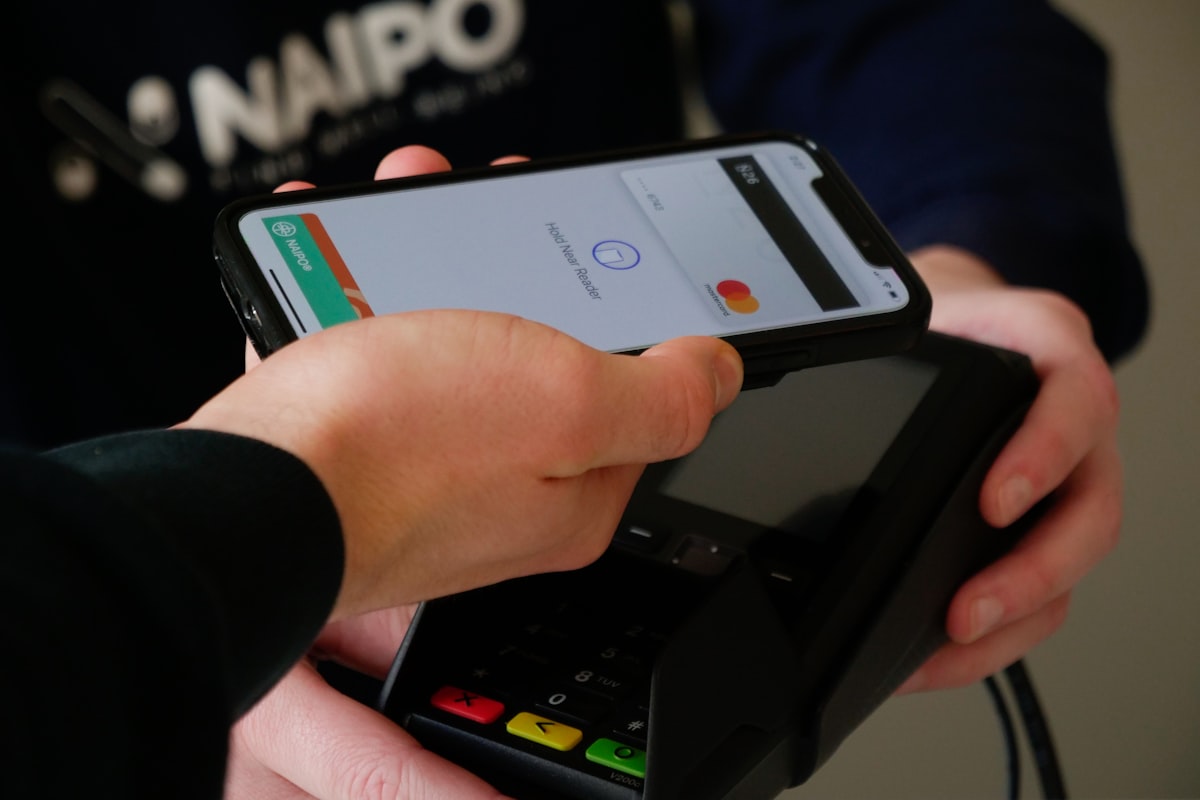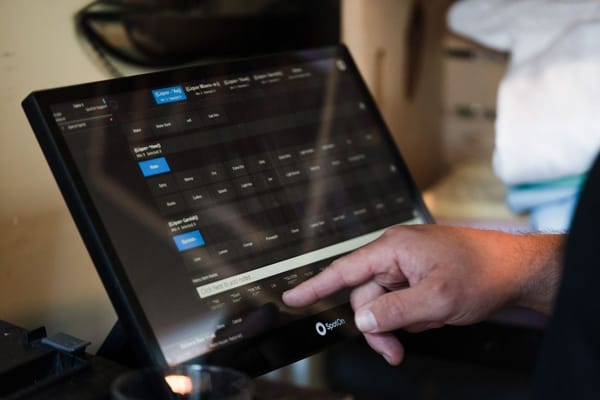May 22, 2020
Partnering your small business with the right payment processing company is an important decision, so it’s important to be well-informed when shopping around. In particular, you’ll want to watch out for hidden payment processing fees. Many processors will advertise rates that seem low at first glance, but then when you get your first bill you’ll find that you’re getting nickel and dimed with hidden fees. Oftentimes those fees can add up to hundreds or even thousands of dollars a year. Here are 7 hidden fees you’ll want to look out for before choosing a payment processor.
1. Annual fees
This is a fee some payment processors charge to cover their costs, and it should be a big red flag to stay away. Payment processing companies already charge a markup to the fixed base rates charged by credit card issuing banks and credit card associations (Visa, Mastercard, etc.). The markup they charge is meant to cover the processor’s costs and ensure they’re making a profit. If the company charges an additional annual fee, they’re hitting you with a junk fee to line their own pockets.
2. PCI fees
PCI compliance is a real thing. The Payment Card Industry has created a set of data security standards to make sure customer credit card data is handled safely and securely. In layman's terms, it means making sure you’re taking the appropriate precautions to prevent people from hacking your customers’ credit card data. This is a shared responsibility between you and your payment processor.
Many processors charge PCI fees without providing you any service, simply because they can get away with it.
Some processing companies provide services to help you meet your end of PCI compliance and subsequently charge a PCI fee to cover those services. Other companies charge you a fee and don’t provide any service to help you stay in compliance, simply because they can get away with it. Reputable companies, meanwhile, take the required steps to help keep your company in compliance without charging a separate fee at all.
3. Statement fees
This is exactly what it sounds like—it’s when a payment processor charges you a fee to cover the costs for printing and mailing you your monthly statement. Sure, it costs a bit of money to print and mail statements, but this is one of those fees that’s misleading because it’s typically tacked on at the end of your bill without prior notice. By not accounting for those costs in the markup on the rates that they quoted you, the company has misled you and you’re now stuck paying more than you signed up for.
4. Monthly minimums
The way payment pricing is structured, your business is typically charged on a per-transaction basis and on a percentage of your monthly transaction volume. This means if you have a good month, then your payment processing company has a good month too.
Unscrupulous merchant service providers will make sure they always get paid theirs, even when your business has a bad month.
Unfortunately, some unscrupulous processors will ensure they get paid well even when your business has a bad month. A monthly minimum fee is basically a penalty fee that gets tacked on when you don’t meet a minimum amount of processing fees for the month.
5. Batch fees
Some payment processors charge a fee when you settle your daily transactions during what’s called the batch-out or settlement process. These fees tend to be low, but remember, your business is probably batching out at least once a day, so all those nickels and dimes add up over the course of a year.
6. Terminal fees and gateway fees
Terminal fees are often charged to brick-and-mortar businesses for using payment terminals to accept credit cards. Gateway fees, or internet gateway fees, are the same thing except they apply to businesses that accept payments online. It’s another way that some payment processing companies charge you twice for the same service. After all, they are a payment processing vendor—why are they adding a markup to credit card processing rates and then charging you extra to actually accept credit cards?
7. Early termination fees
Many payment processing vendors require long-term contracts, which sometimes last as long as four to five years. The penalty for canceling that contract is a hefty early termination fee, and we mean hefty. A payment processing company with a signed contract can charge you for the full amount of fees they expect to capture from your business over the entire course of the contract term. That can easily be thousands of dollars!
If you get locked into a long-term contract, the termination fees can easily cost you thousands.
The kicker is that the same companies that charge early termination fees are usually the ones that also charge other hidden fees, so the process plays out like this: 1) You get a quote for a low credit card processing rate; 2) You sign a contract; 3) You get your first bill and see you’re paying way more than you expected thanks to all those hidden fees; 4) You cancel your contract and get hit with an early termination fee.
And many, many more
So those are 7 of the most common hidden fees, but there are plenty of others. Regulatory fees, non-compliance fees, data breach fees, online reporting fees, IRS reporting fees, and network fees are several others you’ll see out there. As always, it’s best to be well-informed and ask a lot of questions before signing a contract.
At SpotOn, we never charge hidden fees and there are no long-term contracts. In our mission to empower small- and medium-sized businesses, we pride ourselves on our upfront and transparent pricing. To learn more and see how SpotOn can save you money on payment processing while giving you the tools you need to connect with customers, get a free demo today.

Let's see how we can help
Meet one-on-one with one of SpotOn's tech experts. No high-pressure sales tactics. Just a casual conversation to find out if we make sense for your restaurant.











